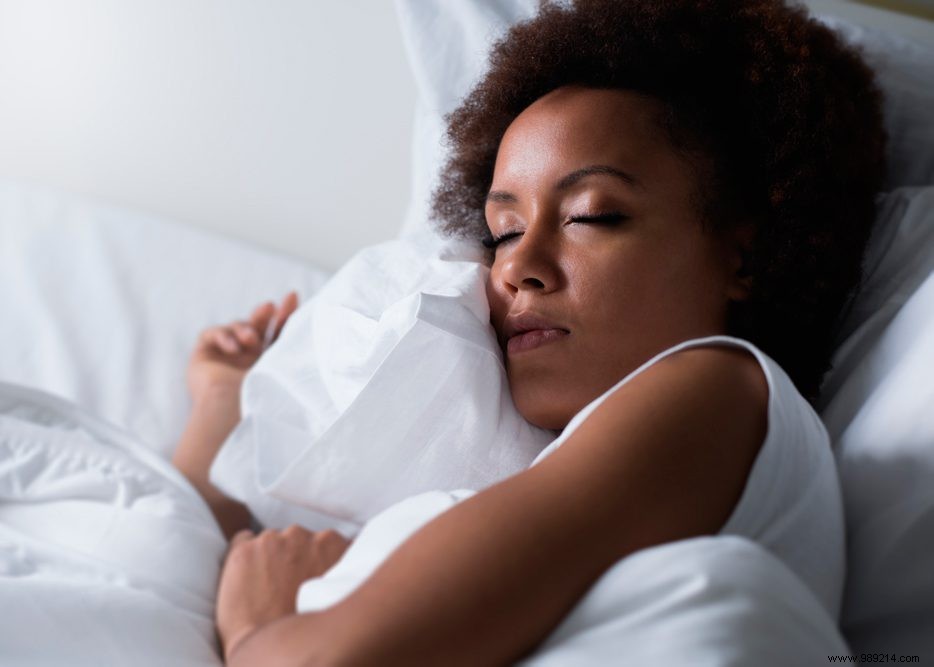
In 1942, only eight percent of people slept six hours or less. Today that is almost half of the people. Where does that change come from?
Matthew Walker has been researching sleep for years. For the past four and a half years he wrote the book Why We Sleep. He is convinced that we are in a "catastrophic sleep-loss epidemic." Why do we sleep so much less than 75 years ago? According to him, there are several reasons for this.
The reasons we sleep less
First of all, there is more and more lighting and light has a negative influence on our sleep. Screens also do not contribute to a good night's sleep. The second issue is our work. The line between work and private life is blurring, but that's not even the biggest problem. Travel time is getting longer and no one wants to give up time for family or hobbies. As a result, sleep is the first thing that goes wrong. Other factors that play a role are loneliness, anxiety, alcohol and caffeine. Some people even see little sleep as a sign of success.
The shorter you sleep, the shorter you live
Matthew Walker is concerned, because several studies indicate:the shorter you sleep, the shorter you live. Many diseases are linked to, among other things, too little sleep. Does Matthew follow his own advice? Yes, he sticks to regular bedtimes and encourages everyone to do so. He has read the scientific evidence and is convinced that this evidence should motivate everyone to get enough sleep. But it's not enough, he says. Things have to change:in society, at work and at home.
Curious about the book?
Why We Sleep:the new science of sleep and dreams is available from October 3 at Bol.com for €28.95.